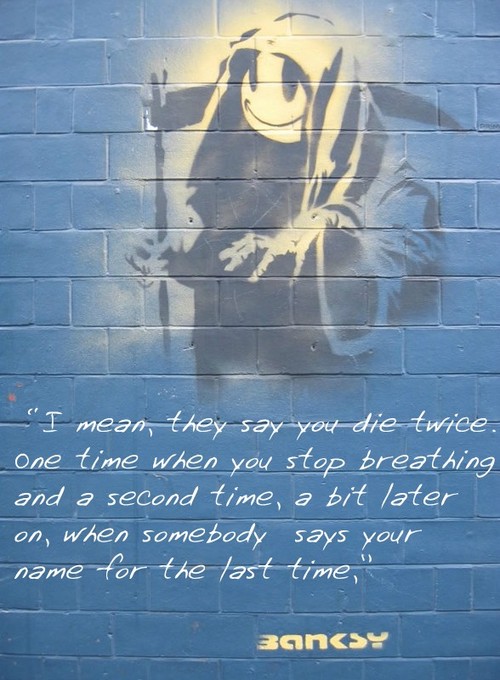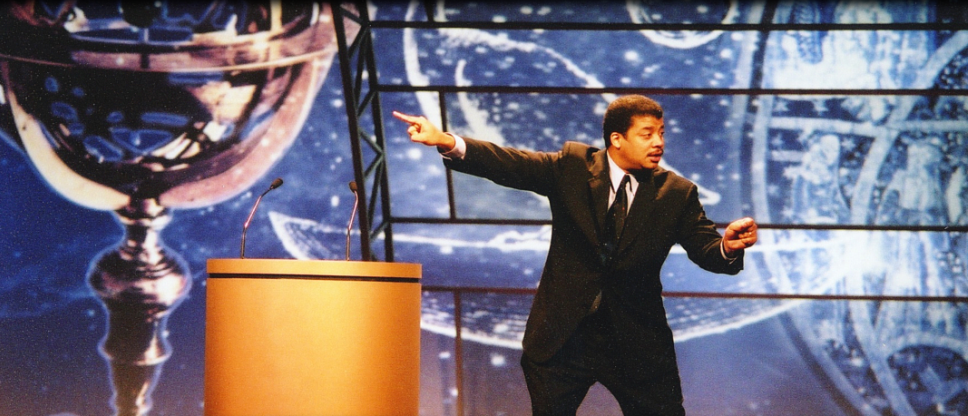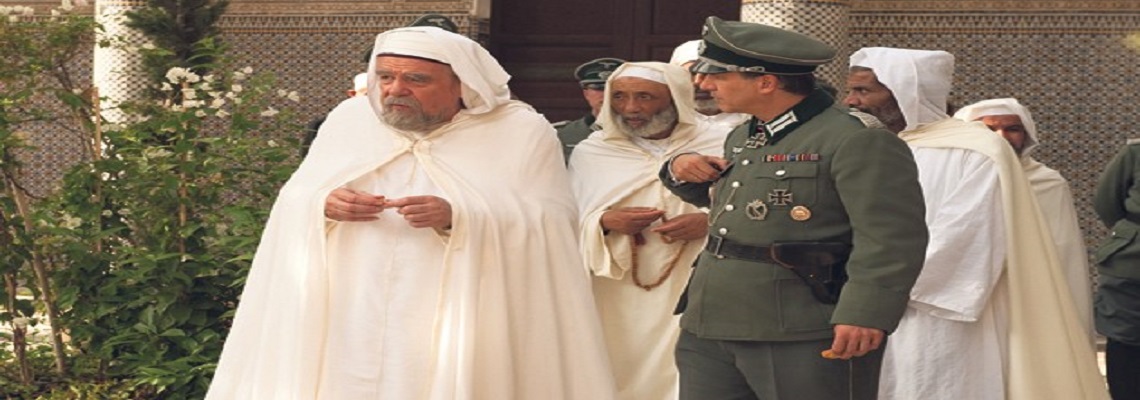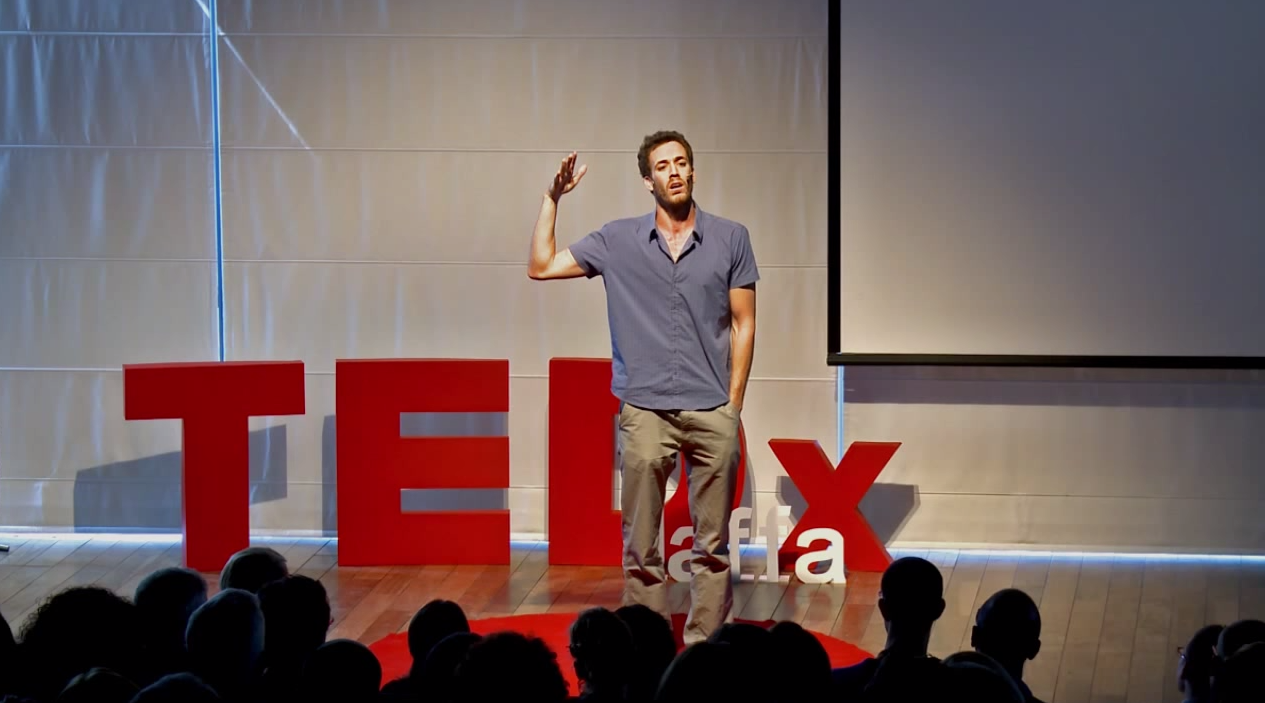Note: Obnoxious amounts of Christianity ahead. You’ve been warned!
I’ve been contemplating Jesus’ cleansing of the temple for a few weeks now. I like Saint John’s account the most:
13 The Passover of the Jews was at hand, and Jesus went up to Jerusalem. 14 In the temple he found those who were selling oxen and sheep and pigeons, and the money-changers at their business. 15 And making a whip of cords, he drove them all, with the sheep and oxen, out of the temple; and he poured out the coins of the money-changers and overturned their tables. 16 And he told those who sold the pigeons, “Take these things away; you shall not make my Father’s house a house of trade.” 17 His disciples remembered that it was written, “Zeal for thy house will consume me.” 18 The Jews then said to him, “What sign have you to show us for doing this?” 19 Jesus answered them, “Destroy this temple, and in three days I will raise it up.” 20 The Jews then said, “It has taken forty-six years to build this temple, and will you raise it up in three days?” 21 But he spoke of the temple of his body.
I believe the passage has literal meaning. Jesus literally drove people out of the temple because they had turned God’s house into a house of trade. We should avoid the same temptation to have our focus at church become socialization or business rather than love of God. Similarly, we should have zeal for upholding God’s truth in the universal Christian community where immoral teaching and heresy often appear.
Yet more and more the spiritual meaning of the passage has been speaking to me. I think we often look to the external temple (the church) with zeal for rightness, but how often do we look to our inner temple? I look in myself, and I see pride, greed, fear, jealousy, unfaithfulness, falsity, and every manner of unrighteous emotion. I recall the words of Matthew:
13 [Jesus] said to them, “It is written,
‘My house shall be called a house of prayer’;
but you are making it a den of robbers.”
I then ask myself how a man who wants to have zeal for the external house of the Lord can do anything while his internal house remains in disarray. It is not possible. At best, it will Pharisaical pride at stamping out exterior wrongs all while ignoring blatant interior wrongs. Jesus had no patience for exactly one group, and that group was the Pharisees. So let’s not be them.
Rather, we must ask Jesus to cleanse our inner temple. Perhaps something like, “Jesus, bind up a whip of cords, overturn my unrighteousness, make this temple into a house of God.” I’m under no impression I will be liberated from the brokenness of human nature. But I want to ask God to help me. Like Joan of Arc answered during her trial:
[Joan is asked : Do you know if you are in the grace of God?]
“If I am not, may God place me there; if I am, may God so keep me.”
Only from this relationship with God should we even start thinking about external concerns of church doctrine or moral issues. Only then can truth flow from love of God and neighbor rather than the desire to see others in the wrong or doctrinal obsession. I still feel those temptations pull at my heart, goading me to put others in the wrong so that I may feel right. Even when we know these feelings are wrong, we are tempted next to meet them half-heartedly because we view experiencing these emotions as inevitable. No! Bind up a whip of cords, drive them from the temple of the Lord. They have no place here.
Which brings me to my last idea. A natural stage in Christian life is restraining yourself from something you want because you know it’s wrong or unhelpful. However, we cannot persist here. If we do, we will spend our whole lives feeling like we’ve simply been holding ourselves back to serve the Lord. Now, don’t get me wrong, that’s good. “Take up your cross and follow me.” However, this is not the fullness of life that Jesus intends. He wants us to rejoice in our life with Him, going forth with joy. So, let us pray to Jesus, saying, “Lord, make my heart like your heart, my desires as your desires, my mission into your mission.” In this way we may grow closer to the Lord, rejoicing in goodness and love rather than feeling like we’re just holding back evil day by day.
As a final note, don’t by any means construe my ideas as anything more than the thoughts of a single Christian. I am not a priest, I am not a trained theologian, and I’m not even 30. If these internal reflections are helpful, I’m glad. If they aren’t, ignore them freely.








